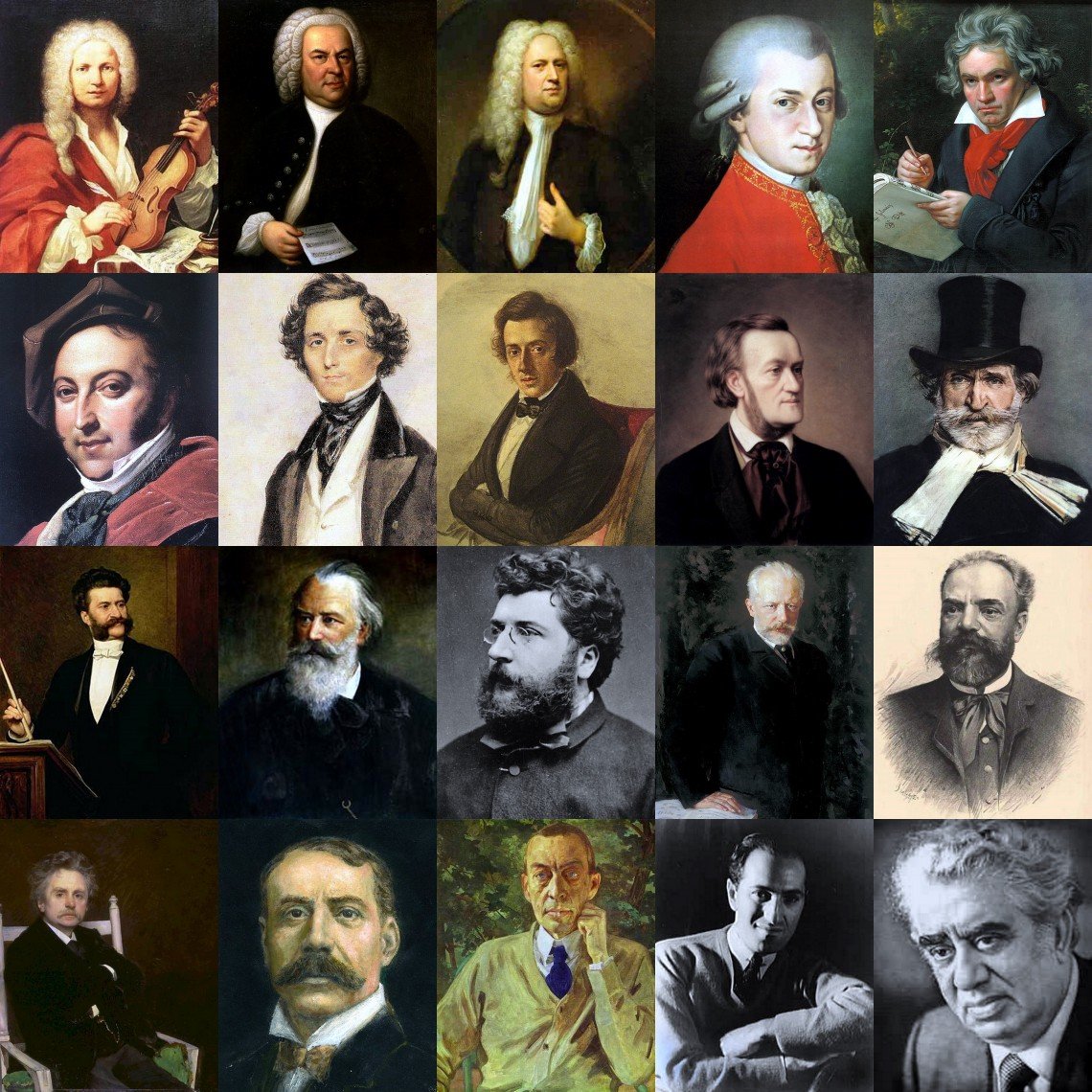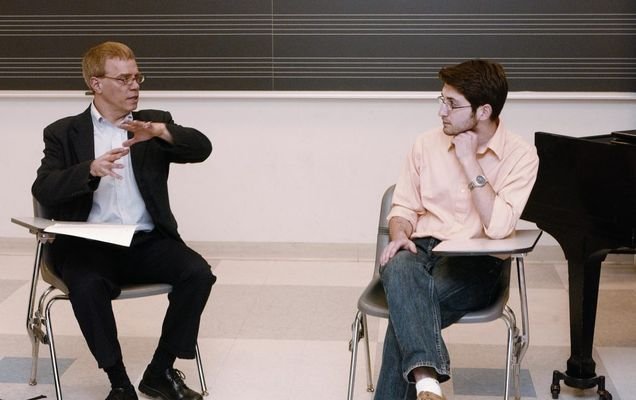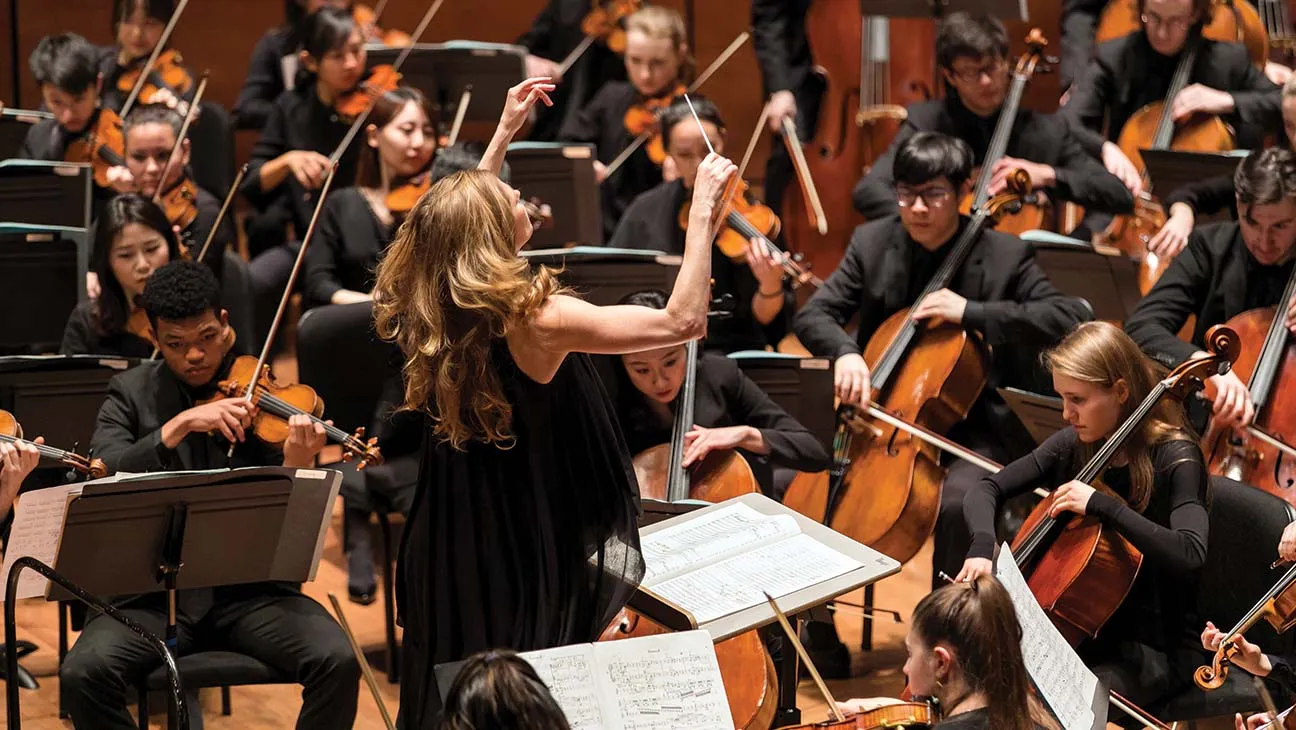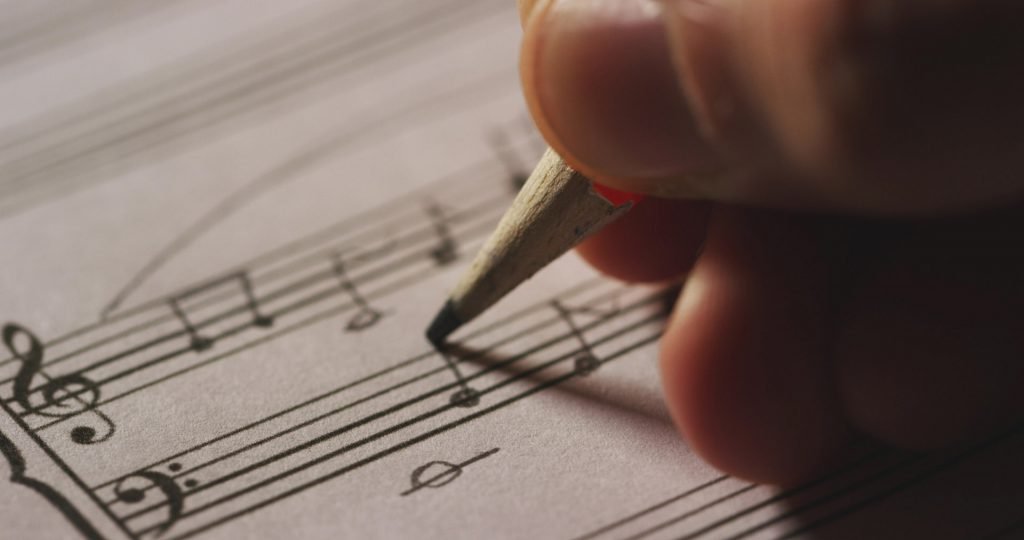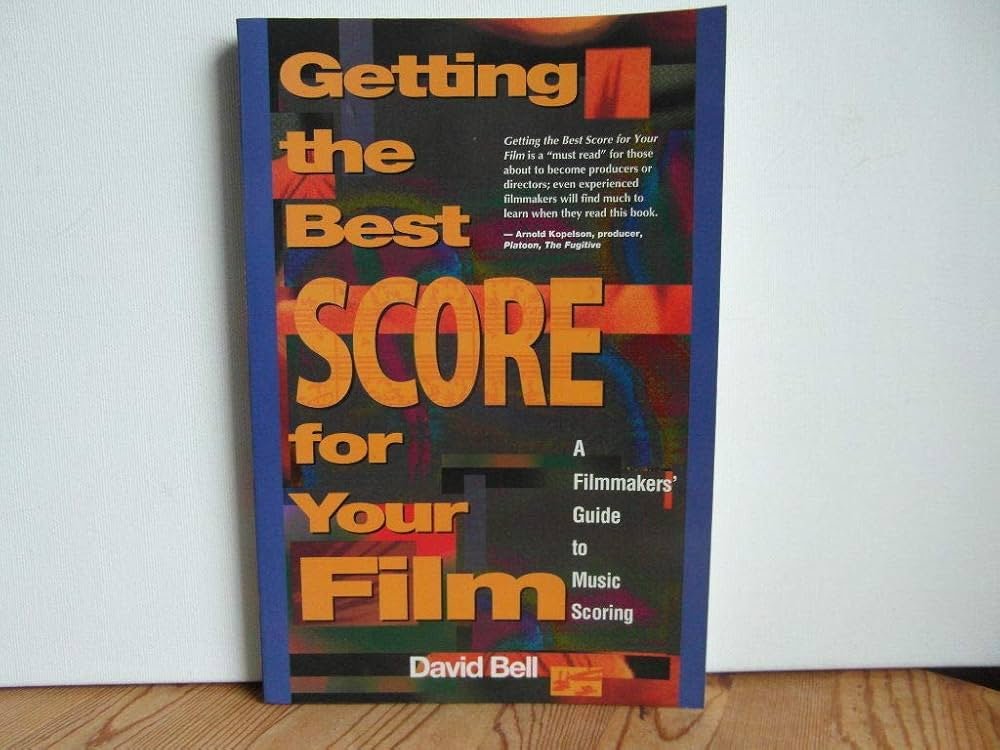Classical composers have left an indelible mark on the world of music, with their compositions influencing a wide range of modern genres. From symphonies to operas, the techniques developed by composers like Beethoven, Mozart, and Bach continue to resonate today, shaping the music we listen to across various styles. This article explores how classical music has influenced modern compositions, from film scores to pop songs.
The Enduring Influence of Classical Techniques
Harmony and Structure
Classical composers developed sophisticated harmonic systems and structured forms that continue to influence modern music. Techniques like chord progressions, modulations, and key changes are used in contemporary music, including pop, rock, and jazz. The balance between tension and release, which is prominent in classical music, is equally present in today’s hit songs and film scores.
Orchestration and Arrangement
Classical composers perfected the art of orchestration, employing a wide range of instruments and textures. The use of strings, woodwinds, and brass in a symphonic arrangement is mirrored in modern music production, where electronic and acoustic instruments are combined to create rich, layered sounds. Film composers like John Williams and Hans Zimmer draw heavily from classical orchestration, crafting dramatic scores that evoke the same emotions as the great symphonies of the past.
Classical Influences in Film Music
Film scores are one of the most prominent areas where classical music’s influence is strongly felt. Many modern film composers were trained in classical traditions, and their work reflects this background.
Romanticism in Film Scores
The emotional intensity found in classical composers like Tchaikovsky and Mahler is echoed in film scores, especially in dramatic or action-packed scenes. The sweeping melodies and grandiose orchestration in films like Star Wars and The Lord of the Rings draw directly from the romantic era of classical music.
Leitmotif Technique
Wagner’s use of leitmotifs—musical themes associated with specific characters, places, or ideas—is a key influence on modern film music. John Williams’ Star Wars theme for Darth Vader and Howard Shore’s motifs for the Lord of the Rings characters are direct descendants of Wagner’s method.
Classical Music’s Influence on Pop and Rock
Pop and rock music are often seen as a departure from classical traditions, but many artists have incorporated classical elements into their work.
Melody and Counterpoint
Melody is central to both classical and modern music. Composers like Mozart were masters of creating beautiful, memorable melodies that have influenced modern songwriters. The use of counterpoint, where two or more independent melodies are layered together, can be heard in the intricate compositions of artists such as The Beatles and Queen.
Musical Experimentation
Classical music’s emphasis on experimentation with form, rhythm, and harmony paved the way for modern genres like progressive rock. Bands like Pink Floyd and Yes, for example, borrowed elements of classical music to create intricate compositions with extended sections and complex arrangements, much like a symphonic piece.
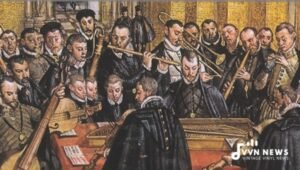
Classical Techniques in Electronic Music
The rise of electronic music in the late 20th century also found inspiration in classical traditions.
Sampling and Composition
Electronic artists often sample classical pieces or incorporate classical instruments into their tracks. Artists like Moby and The Chemical Brothers have used orchestral strings or piano samples in their music, giving a modern twist to classical sounds.
Finding Creative Inspiration Through Unexpected Sources
For music composers, inspiration can come from the most unexpected places—an ambient sound, a cinematic scene, or even a unique rhythm found in digital entertainment. Interestingly, some creatives find a moment of mental reset in recreational platforms like
crazyvegas australian casinos no deposit bonus, where casual interaction and engaging audio design offer a break from intense composition work. These small pauses can recharge the mind and bring fresh ideas back to the studio.
Rhythm and Time Signatures
Classical music introduced varied rhythms and time signatures, which have made their way into electronic and experimental music. The use of unusual time signatures in genres like EDM and techno can trace its roots back to classical composers who explored complex rhythmic structures.
Classical Music in Modern Music Education
Many modern musicians, even those in popular or alternative genres, receive classical training. This training helps them understand music theory, composition, and arrangement, providing them with the tools to innovate within their respective genres. Classical music’s emphasis on discipline, technique, and creativity has shaped the approach of musicians and composers across the globe.
Conclusion
Classical composers have left an enduring legacy in modern music, influencing genres as diverse as film scores, pop, rock, and electronic music. From harmonic techniques to orchestration and composition, classical music’s impact is evident in the work of contemporary artists and composers. As modern music continues to evolve, the foundational principles established by classical composers will remain an essential part of music’s ongoing development.







